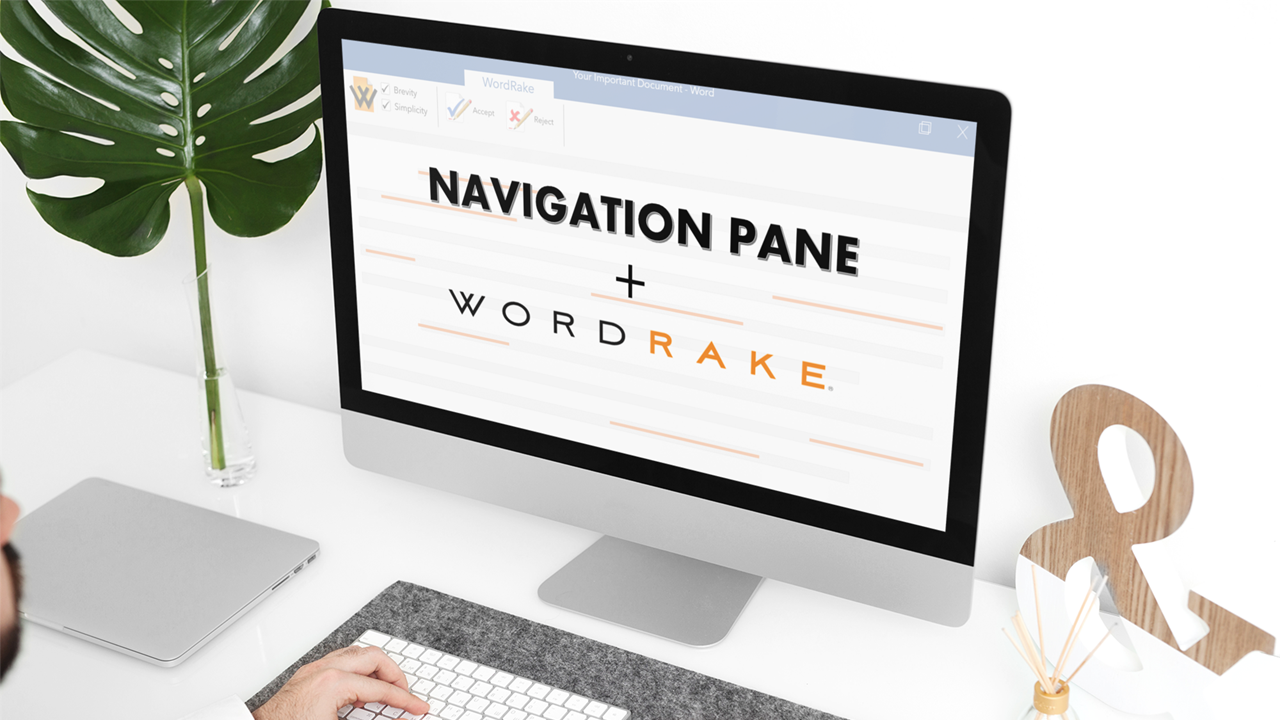Effective business communication relies on clear, concise, specific, and meaningful writing. Clichés fail all four requirements. In your first draft, a cliché may feel so easy and familiar to write that it seems irreplaceable. But, upon revision, you’ll see that clichés are unoriginal, broad generalizations—and often redundant. Delete them. Replace them. Your readers will reward you with their attention.
A major advantage of eliminating clichés from your business writing is the clarity and precision it brings. Without the clutter of overused phrases, your writing will be more persuasive and impactful, and you’ll be seen as more authentic, authoritative, and trustworthy.
Continue reading













